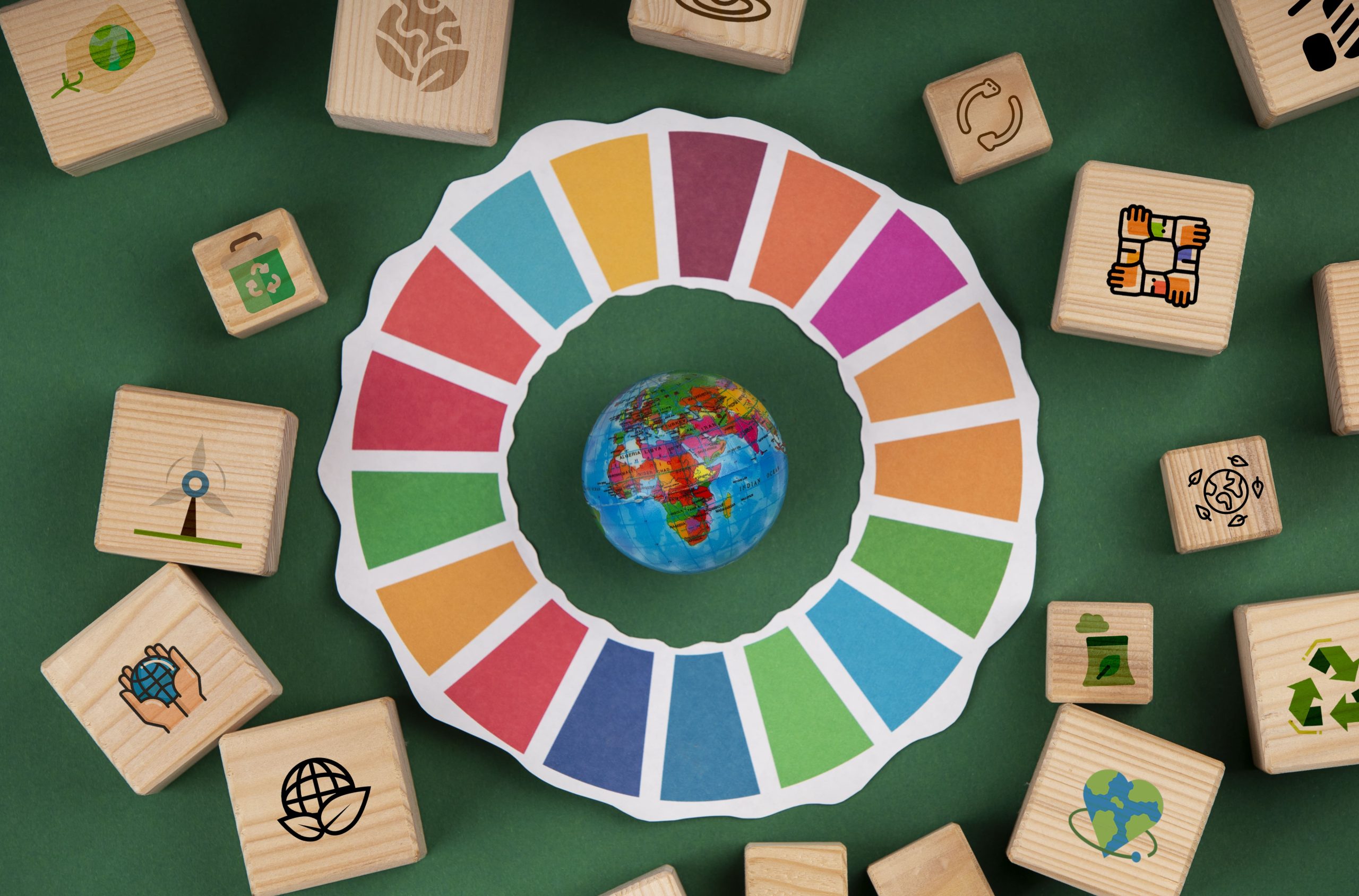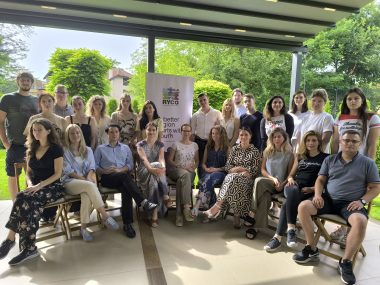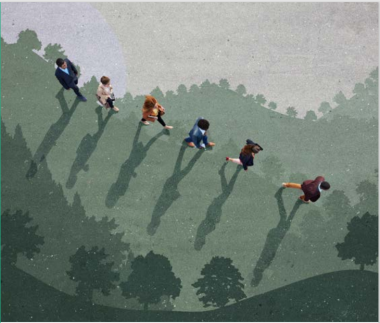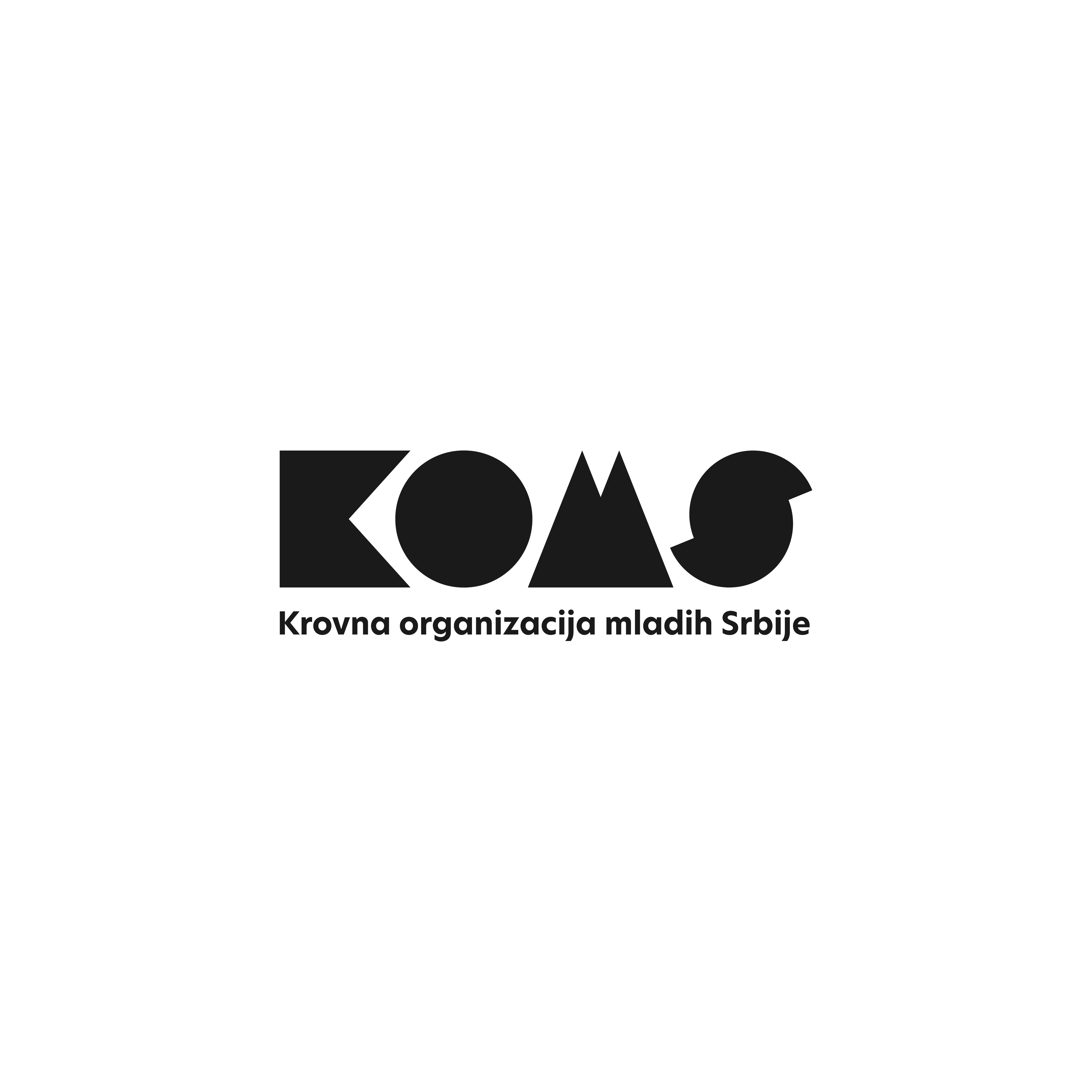YPS, SDGs and Championing Disarmament
BY RYCOWBORG

YPS, SDGs and Championing Disarmament
February 2, 2024
Flas-forward one year ahead, as I reflect on my journey and the pressing global issues we face, I can't help but emphasise the vital intersectionality between disarmament efforts, youth engagement, women's security, and the Sustainable Development Goals (SDGs). These interconnected elements form the cornerstone of a more peaceful and sustainable world, and it's crucial that we recognise their intrinsic relationship, as SDG 17 suggests. And what better partners in these efforts than those affected the most by it and least responsible for such horrors: the youths! This interconnectedness is what brought me here today to be one of 15 Youth Champions for Disarmament, my biggest personal and professional feat so far.
To reiterate, the linkages between disarmament, women's security, and the SDGs are unmistakable. SDG 16: Peace, Justice, and Strong Institutions, in particular, underscores the importance of promoting peaceful and inclusive societies for sustainable development. Disarmament lays the groundwork for fostering a culture of peace, wherein the dividends of development can flourish unimpeded by the scourge of violence and insecurity. These threats undermine the very fabric of a peaceful, inclusive, and sustainable society and disproportionately affect vulnerable groups, including women, youth, and children. Moreover, the illicit arms trade exacerbates conflict, perpetuates human rights abuses, and impedes socioeconomic progress. By curbing the flow of arms, we can mitigate these deleterious effects and pave the way for sustainable peace and development. This underscores the imperative of implementing existing disarmament treaties and strengthening international cooperation in arms control and non-proliferation efforts.
At the heart of our collective aspirations lies the United Nations Youth Peace and Security Agenda, which acknowledges the pivotal role young people play in promoting peace and security worldwide. As a member of the Youth4Disarmament initiative, I've witnessed firsthand the passion, creativity, and determination that young champions bring to the table. So far, we talked with third-generation survivors of the nuclear testing sites, have talked to experts on Weapons of Mass Destruction (WMD), and professionals working at the UN Office for Disarmament Affairs (UNODA), the focal point within the United Nations Secretariat for all disarmament-related activities, working closely with member states, international organizations, and civil society.
The UN's commitment to disarmament is deeply rooted in its foundational principles. From the earliest days of the General Assembly, the elimination of nuclear weapons has been a paramount objective apart from ensuring that the world war never occurs again. As Antonio Guterres, the current UN Secretary-General, aptly described, it is the "DNA of the United Nations." This commitment is not a mere abstraction; it's a solemn promise to future generations, including those like myself, who bear the burdens of past conflicts. Such commitment should not be taken as a utopian device but rather as a pragmatic tool to prevent any humanitarian catastrophe from repeating again.
However, what people often overlook is that disarmament extends beyond nuclear threats; it encompasses a broader spectrum of security challenges; it pertains to the safeguarding and protection of children and adolescents, particularly in relation to incidents such as mass shootings, arms trafficking, and radicalisation. Additionally, it addresses both biological and chemical weapons. It also encompasses the well-being of women, as seen by the prevalence of femicides and war crimes against women; the promotion of human rights and environmental concerns; and the prevention of the proliferation of organised criminal activities.
This brings me to the UN Agenda on Women, Peace, and Security—a critical framework for advancing gender equality and empowering women in conflict prevention and resolution. The agenda recognises women as not merely passive victims of conflict but as powerful agents of peace (the same notion attributed to young people in a later Agenda on Youth, Peace, and Security). Yet, their voices are often marginalized in traditional security discourse. The inclusion of women (or youth, for that matter) in peacebuilding processes is not only a matter of justice but also a pragmatic necessity for lasting peace.
As Youth Champions for Disarmament, my cohort and I are committed to advancing these interconnected agendas. Through education, advocacy, and grassroots activism, we can mobilise a global movement for peace and security. Our diversity should, as always, be our strength, and by harnessing the collective power of young people, women, and marginalized communities, we can overcome even the most entrenched challenges, such as proliferation and even nuclear threats. Or, to echo the words of the United Nations High Representative for Disarmament Affairs, Izumi Nakamitsu, “At ODA, we firmly believe that what Secretary-General Guterres calls a ‘networked and inclusive multilateralism’ also depends on how well we meaningfully include and empower youth.”
As part of our mandate, we will undergo a comprehensive training programme facilitated by the United Nations Office for Disarmament Affairs (UNODA), getting familiar with the existing mechanisms and frameworks that promote/ensure/call for disarmament among the member states. This training equips us with the necessary skills and knowledge to advocate for peace, disarmament, non-proliferation, and arms control within our communities, regions, and globally. We also engage in regular exchanges with experts from various fields, including UN agencies, civil society organizations, and diplomacy. Thus, knowing the Treaty on the Prohibition of Nuclear Weapons, among many other treaties, and A New Agenda for Peace is a must.
Moreover, the program adopts a regional focus, enabling us champions to share regional perspectives and connect with the global disarmament discourse in three regional workshops. Through these workshops and youth forums, champions collaborate and strategise on disarmament efforts tailored to our respective regional realities. Additionally, the 15 of us are provided with opportunities to present our perspectives at events held at the United Nations Headquarters in New York, thereby amplifying our multiplying youth voices on the global stage.
For us, the pursuit of disarmament is not merely a lofty aspiration but a practical imperative for safeguarding our common future. By “amplifying” the voices of youth and women, upholding the principles of the UN Charter, and embracing the transformative potential of the SDGs, we can build a world where peace prevails, prosperity flourishes, and justice reigns supreme. The journey ahead may be fraught with challenges, but with determination and solidarity, we can chart a course towards a brighter tomorrow. That’s what we, the Champions, really stand for.
About the Author: Mihajlo is a MIRAI alumnus, one of the fifteen UN Youth Champions for Disarmament, and a current UN Youth Delegate of Serbia, focusing on Human Rights Education, peacebuilding, and Sustainable Development.
Context: Meet the UN Youth Champions for Disarmament | Youth 4 Disarmament 15 Exceptional Young Leaders Selected as UN Youth Champions for Disarmament | Meetings Coverage and Press Releases.
*Youth, Peace and Security Agenda is all about mainstreaming youth opinion and participation in policy and peace dialogs. As a supporter of the YPS Agenda in the region, RYCO provides the space for youth to express their opinions and solutions for sustainable peace. However, views and opinions expressed are those of the author(s) only and do not necessarily reflect those of the RYCO. Neither the RYCO nor the granting authority can be held responsible for them.















